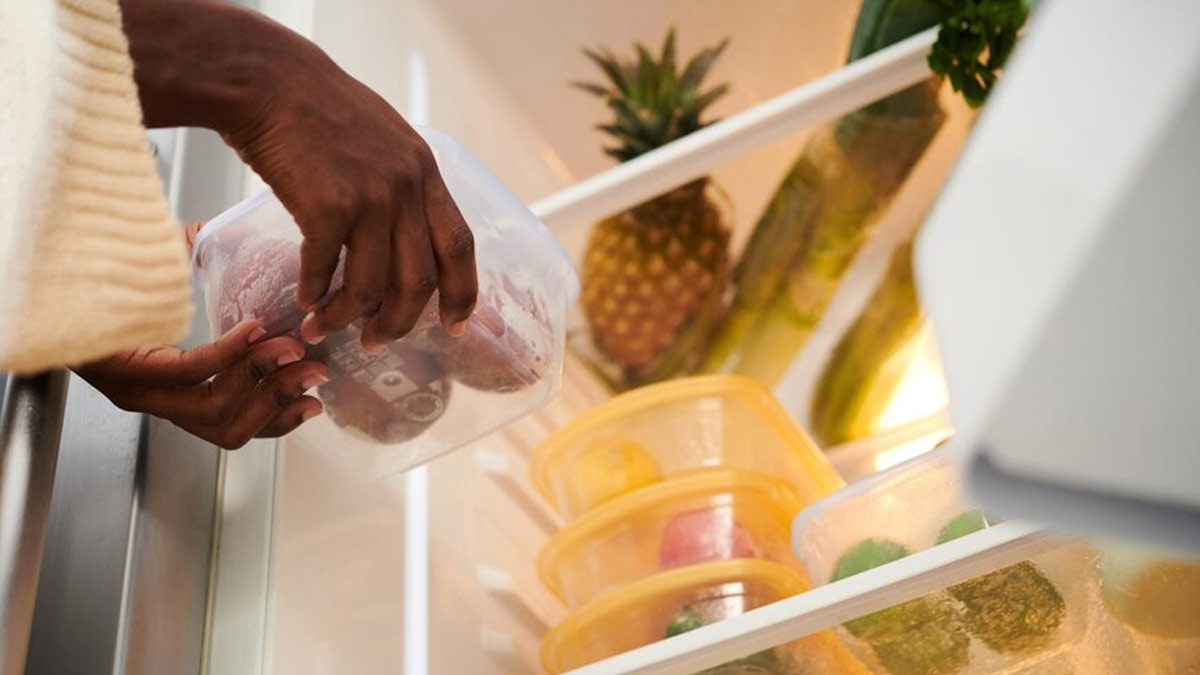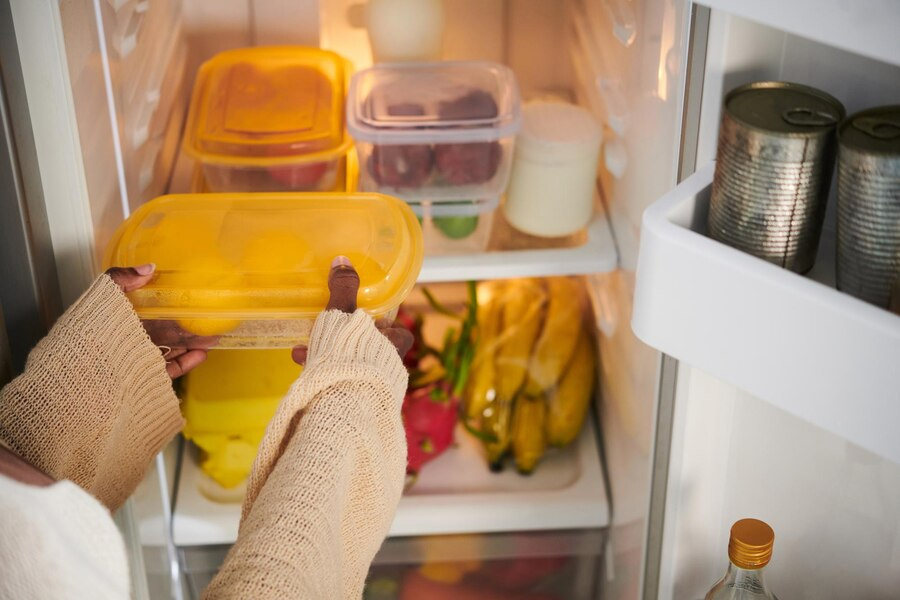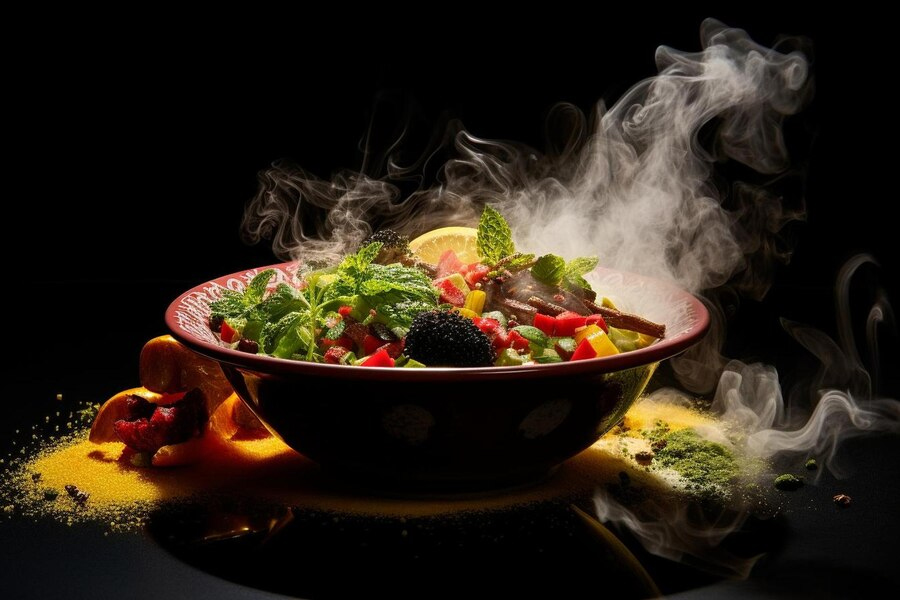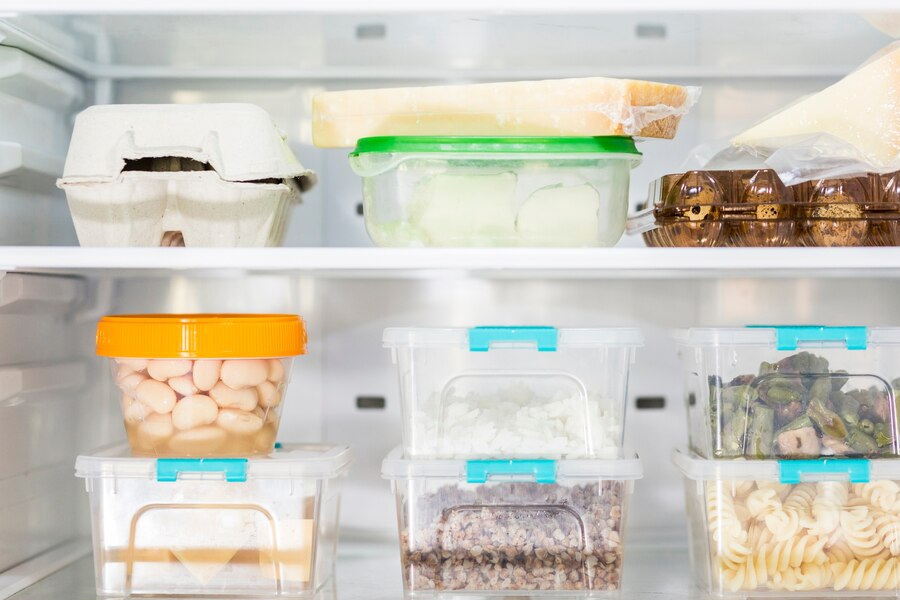
You may have heard your elders speak against refrigerating hot food, and there are good reasons for this advice. Not only does it pose a risk to your health but also impacts the function of a refrigerator over time. When it comes to your health, it is important to maintain the integrity of your meals but also ensure that your refrigerator operates efficiently and keeps your food safe. Hence, here are some reasons why one must not refrigerate their food when it is piping hot.
Table of Content:-
Helps Prevent Bacterial Growth![]()
One of the most common reasons why you shouldn't place hot food in the fridge is because it increases the risk of bacterial growth. As is known, some bacteria thrive in warm temperatures, leading to an increased risk of infections.
When hot food is placed directly in the refrigerator, it can raise the internal temperature of the appliance, which may put other stored food at risk of spoilage and create a breeding ground for harmful bacteria. Moreover, the sudden change in temperature can also cause moisture to build in the fridge, promoting mould growth and poor food quality.
Also Read: Preventing Food-Borne Illness: FSSAI Tips For Safe And Healthy Meals At Home
Maintains Food Quality
It is important to note that refrigerating hot food can change the food's texture and flavour. For example, hot food can lead to steam formation in the fridge, leading to a damp environment. This in turn results in soggy leftovers.
To prevent it from happening, it is recommended to allow hot food to cool to room temperature before storing it in the fridge.
Protects Your Fridge![]()
It is a no-brainer that placing hot food directly into the fridge can cause the appliance to malfunction. Hot food raises the internal temperature of the refrigerator, which can jeopardise the safety of other stored items and force the appliance to work harder to maintain a stable temperature. So let the food cool down to room temperature before storing it in the fridge.
Avoids Moisture Build-Up In The Fridge
Steam released from hot food can cause moisture buildup in the refrigerator. This often promotes mould and spoilage of other items. By avoiding it, you minimise the risk of food-borne illnesses, allergies, and exposure to mycotoxins, poisonous substances that are often associated with health issues, such as acute poisoning, liver or kidney failure, cancer, and death.
Also Read: Worst Fermented Foods For Your Gut Health
Food Safety Guidelines![]()
While refrigeration is an important part of food safety, it is crucial that you do not store food instantly after cooking, especially when it is hot. The USDA Food Safety and Inspection Service recommends refrigerating leftovers within two hours of cooking food or after it is removed from an appliance, keeping it warm.
"Throw away all perishable foods that have been left at room temperature for more than two hours," the health body adds.
Also watch this video
How we keep this article up to date:
We work with experts and keep a close eye on the latest in health and wellness. Whenever there is a new research or helpful information, we update our articles with accurate and useful advice.
Current Version


